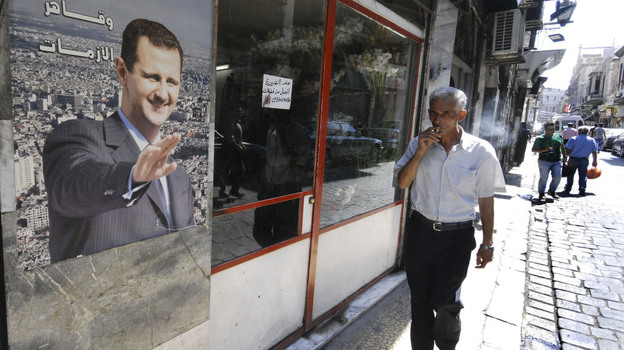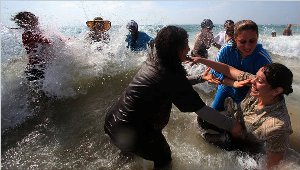In this past week of tremendous political drama surrounding Israel and Palestine, it is tempting to forget that the entire region is in the midst of profound change.
NYT: Fearing Change, Many Christians in Syria Back Assad
This report in the Times highlights the complexities of Christian contribution to society inSyria, a context entirely different from Egypt, Jordan, or Palestine. Nevertheless, the difficulty of finding a clear Christian
position can help generate empathy for Christians seeking to navigate their communities’ evolving encounters with the various regional states.
NPR: Syrian Leader Digs In For A Long Battle
This very interesting report from NPR highlights the profound complexities of the Syrian manifestation of the Arab Spring. Most important for our interest in the ELCA is the record of Christian public support for the Assad regime, presumably following the previous day’s groundbreaking report in the Times.
AP: Egypt convicts Mubarak’s information minister
Egypt continues the long, slow process of ensuring accountability and constructing a new foundation for civil society. These sorts of convictions are important steps along the way. Until Mubarak is convicted, however, doubts concerning the next steps will remain.
Developments such as these have provided a new context for the tensions betweenIsraelandPalestine. It remains to be seen, however, if these regional changes will help or further hinder the cause of peace. As long as security is seen as incompatible with peace, and as long as the preservation of regimes at the expense of one’s own people, the goal of restoring and reconciling the region will remain elusive.


